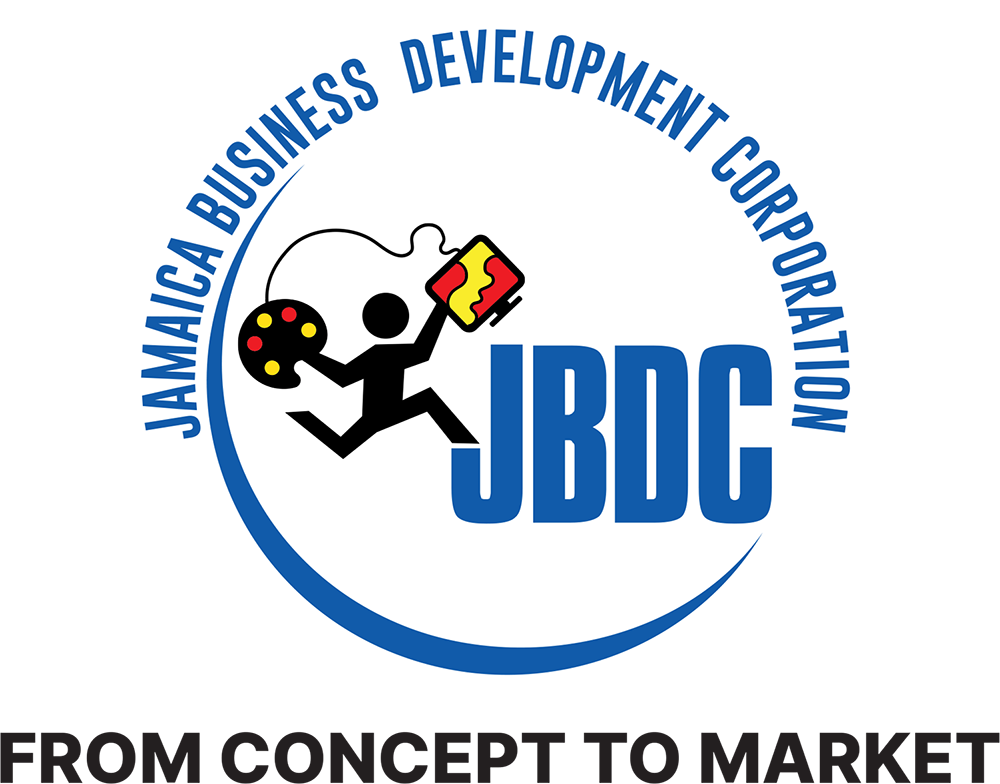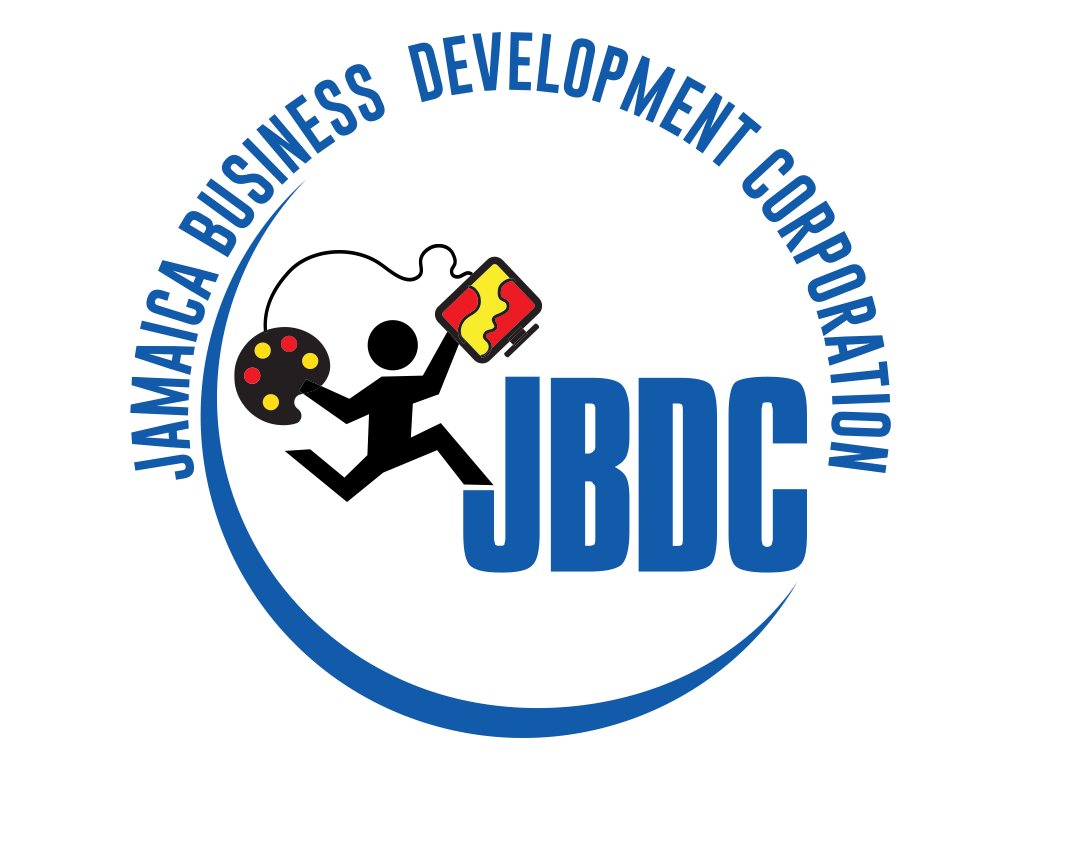Kingston, Jamaica – The growth of the Agro-processing industry in Jamaica, has warranted a call for stakeholders to adhere to the various standards and regulations to reap export success. At the Jamaica Business Development Corporation’s (JBDC) Virtual Biz Zone on Tuesday, July 25 guided by the topic: Maintaining Standards in the Manufacturing Process, experts from the Bureau of Standards (BSJ) pleaded with Agro-processors to ensure that their products are in accordance with the regulations stipulated by the National Compliance Regulatory Authority (NCRA) and the BSJ, before seeking to tap into the global market.
The Statistical Institute of Jamaica (STATIN) reported that earnings from exports were valued at US$185.9 million, which represents a 52.3% increase when compared to the US$122.0 million earned in January 2022. Meanwhile, the Government of Jamaica continues to push for Micro, Small and Medium-sized Enterprises (MSMEs) to get export ready. However, export readiness, for food processing establishments, according to the BSJ, includes implementing Good Manufacturing Practices (GMP) and adhering to local and regional industry standards.
“When you are going about your production process, you are expected to use Good Agricultural Practices (GAP) and Good Manufacturing Practices (GMP) and some of the standards that guide this includes the JS 317 Production of Processed Food Utilising the Hazard Analysis and Critical Control Point System (HACCP) Principles and especially if you are thinking about export, it is important for you to know the JS 317”, Standards Development Officer at the BSJ, Shane Slater said.
Both the GAP and GMP guides quality assurance in the manufacturing process, resulting in safe and healthy food and non-food agricultural products, while taking into account economic, social and environmental sustainability. These practices provide assurance to international markets that the products being imported are safe for consumption.
Slater added, “For all Food Processors, you definitely need to know the JS 36 specification for processed foods because this is the standard that guides the registration of food processors of any food establishment.” To become a registered Food Processor, you must be registered under the JS 36 at the NCRA.
Other standards include the JCP CRCP 5 Code of Practice for General Principles of Food Hygiene and the ISO 9001:2015.
The ISO 9001:2015 speaks to the Quality Management Systems (QMS) and their requirements. This standard is applicable to any product or service. At the foundation of this standard is the plan, do, check, act cycle. The Standards Development Officer explains this international standard, “What that entails [ISO 9001:2015] is that you will ‘plan’ what you need to do and the resources that you will need. When you go into operation, which is the ‘do’ part of the cycle. You are going to identify any support that you will need for the implementation of your process. Then, after you have your systems going, you do your ‘checks’.” The ISO 9001:2015 enables organisations to meet customer and other stakeholder needs within statutory and regulatory requirements related to a product or service.
An Agency under the Ministry of Industry, Investment & Commerce (MIIC), JBDC, in keeping with its mission to drive entrepreneurial success and development in Jamaica, has been providing MSMEs with the information critical to tapping into the local and global market while adhering to industry standards. Entrepreneurs can join the JBDC Virtual Biz Zone webinar on Zoom every other Tuesday at 10:00am. Visit www.jbdc.net to register for the upcoming session.
-END-









